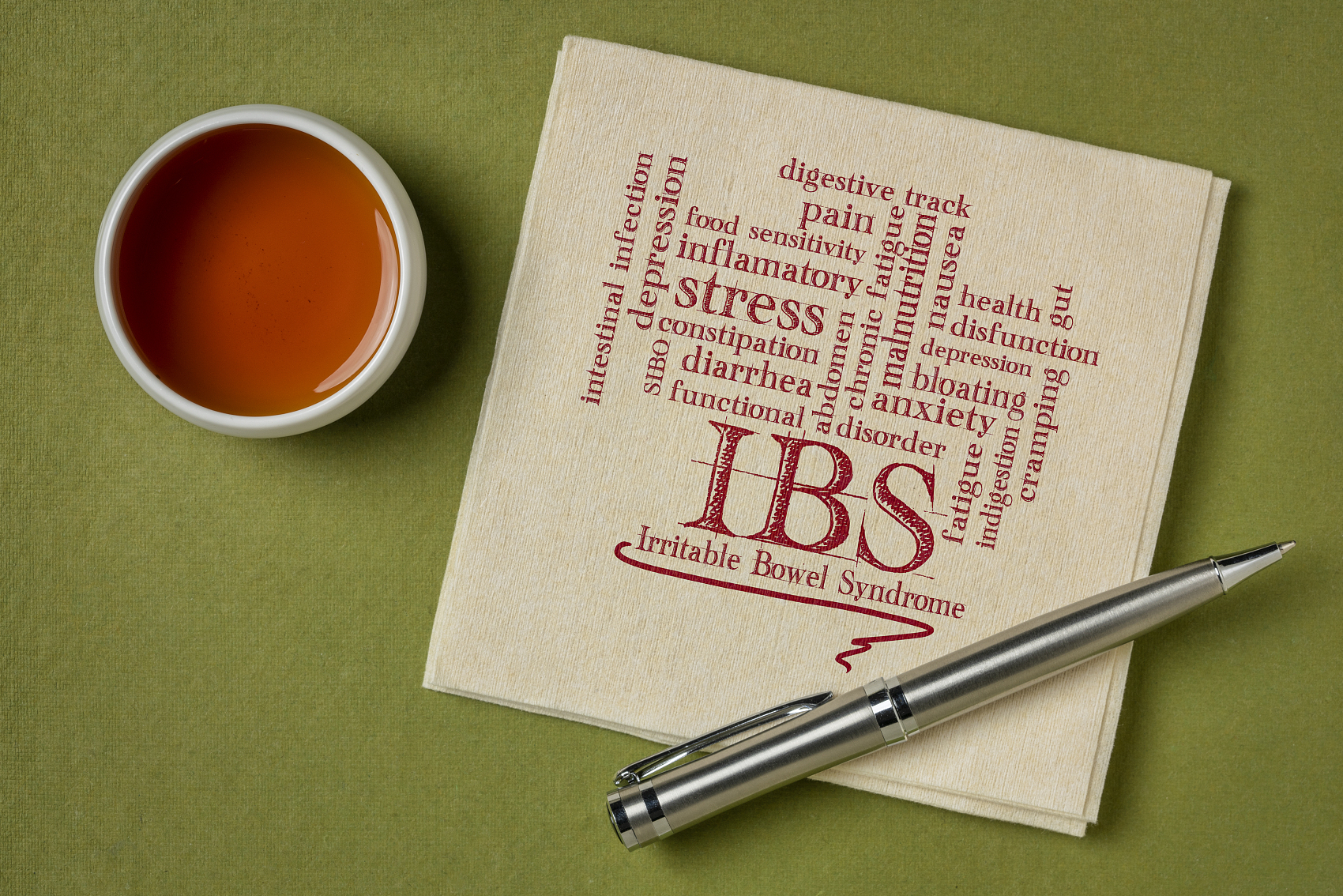Living with irritable bowel syndrome (IBS) can really throw a wrench in your daily life, from abdominal pain and bloating to unpredictable bowel movements. However, with the right strategies and some lifestyle adjustments, managing IBS is definitely achievable. Here are some effective ways to alleviate the symptoms and make life with IBS more manageable.
Seek Professional Guidance
First things first: get a proper diagnosis from a healthcare professional. They can help rule out other conditions and tailor a treatment plan specific to your IBS. This might include medications like antispasmodics, fiber supplements, or even antidepressants, depending on your symptoms.

Dietary Modifications
What you eat plays a huge role in managing IBS. Start by pinpointing foods that trigger your symptoms—common culprits include dairy, gluten, caffeine, and spicy foods. Try eliminating these foods one by one to see if your symptoms improve. Adding more fiber-rich foods, like fruits, vegetables, and whole grains, can also help regulate your bowel movements.
Keep a food diary to track what you eat and how it affects you. This can help you and your healthcare provider figure out the best dietary plan. You might also want to try a low FODMAP diet, which cuts out certain carbs that could be making your symptoms worse, and then gradually reintroduce them to see what you can tolerate.
Working with a registered dietitian who specializes in IBS can be incredibly helpful. They can offer personalized advice to ensure you’re getting the nutrients you need while keeping your symptoms in check.
Stress Management
Since stress can exacerbate IBS symptoms, finding effective ways to relax is crucial. Techniques like deep breathing, meditation, yoga, or tai chi can be very soothing. Regular physical activities like walking, swimming, or cycling not only reduce stress but also boost overall health. Activities that you enjoy, such as hobbies or spending time with friends and family, are also great for stress relief.
Mindfulness practices, including body scans or mindful eating, can keep you grounded and stress-free. Cognitive-behavioral therapy (CBT) can also be effective, helping you tackle underlying stressors and reshape negative thought patterns.
Lifestyle Changes
Simple changes in your daily routine can make a big difference. Eating smaller, more frequent meals can prevent IBS flare-ups, and avoiding heavy meals before bed can reduce discomfort. Staying hydrated and getting plenty of sleep are also key—both can influence your IBS symptoms.

Be mindful of how you eat; take the time to chew your food thoroughly and avoid eating on the run. Integrating relaxation techniques into your bedtime routine, like taking a warm bath or reading, can promote better sleep and help keep nighttime symptoms at bay.
Keeping a detailed journal that tracks not only what you eat but also your stress levels, sleep patterns, and physical activity can help pinpoint other factors that may trigger your symptoms.
Managing IBS might require some experimentation and patience, but with these strategies, you can significantly improve your quality of life. Remember, each person’s journey with IBS is unique, so stay flexible and patient as you figure out what works best for you.








